Millennials currently are the largest population group in the U.S., numbering about 80 million people in their mid-20s to early 40s, and they are responsible for a fifth of all consumer discretionary spending in the country, according to a new report from WalletHub, a personal finance website.
Despite their vast purchasing power and higher educational attainment, however, they are worse off financially than their parents. This is largely the result of the 2008-09 financial crisis, which marred their entry into the workforce, significantly reducing job prospects and earning potential far into the future, according to the report. Many millennials also experienced financial difficulties from the pandemic.
Today, the job market is offering new opportunities, with many employers keen to hire and applicants able to receive good compensation and benefits. But the millennial experience differs across the country, according to WalletHub. The study looked at the 50 states and the District of Columbia to determine where millennials are thriving and where they continue to struggle.
Researchers compared the states and the district across five key dimensions:
- Affordability, including average monthly earnings and measures of housing affordability and homeownership for this age group, along with the cost of child care and, yes, Starbucks lattes;
- Education and health, including insured rates, health care usage and the prevalence of depression, binge drinking and obesity among millennials;
- Quality of life, including the share of millennials, the share of 18- to 34-year-olds living with parents, and measures of family- and single- friendliness;
- Economic health, including millennial population and earnings growth, employment, poverty and student loan debt; and
- Civic engagement, inluding rates of voter turnout and volunteering among millennials.
In all, they used 34 metrics to evaluate the states. They graded each metric on a 100-point scale, with a score of 100 representing the most favorable conditions.
See the gallery for the 12 best states for millennials, according to WalletHub.



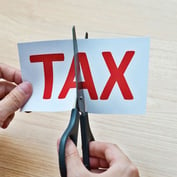





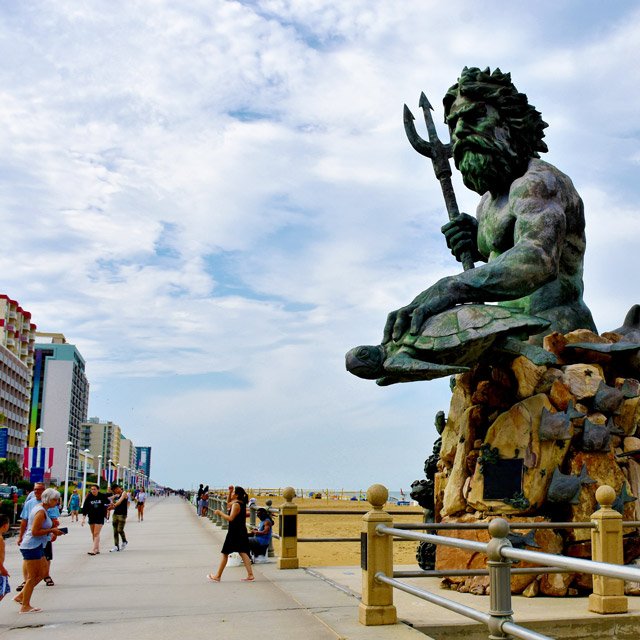
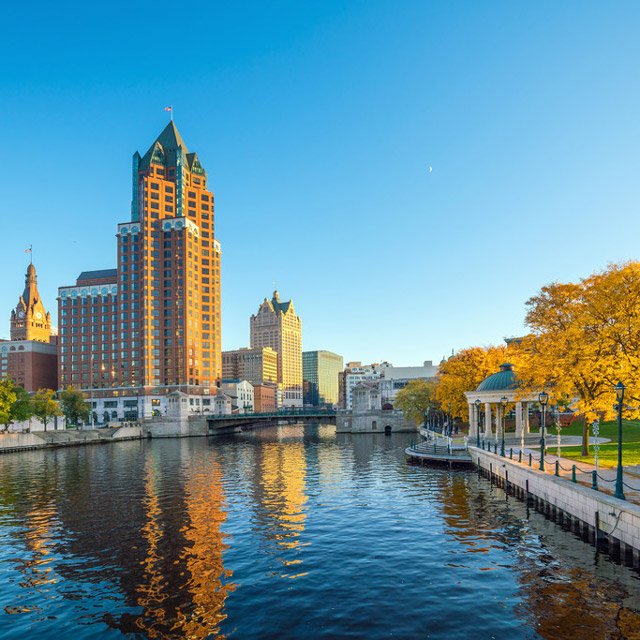









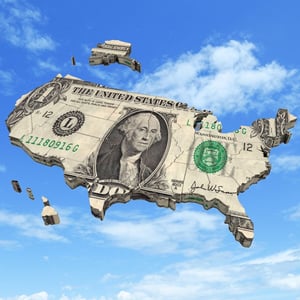

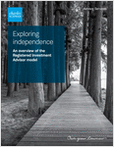


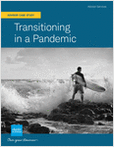
 Copyright © 2024 ALM Global, LLC. All Rights Reserved.
Copyright © 2024 ALM Global, LLC. All Rights Reserved.